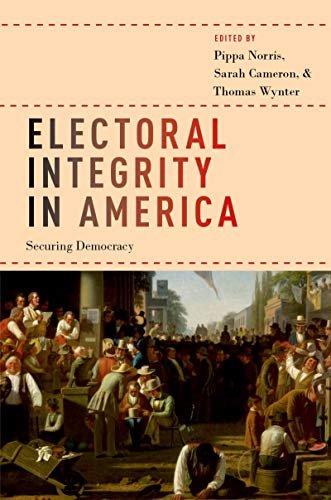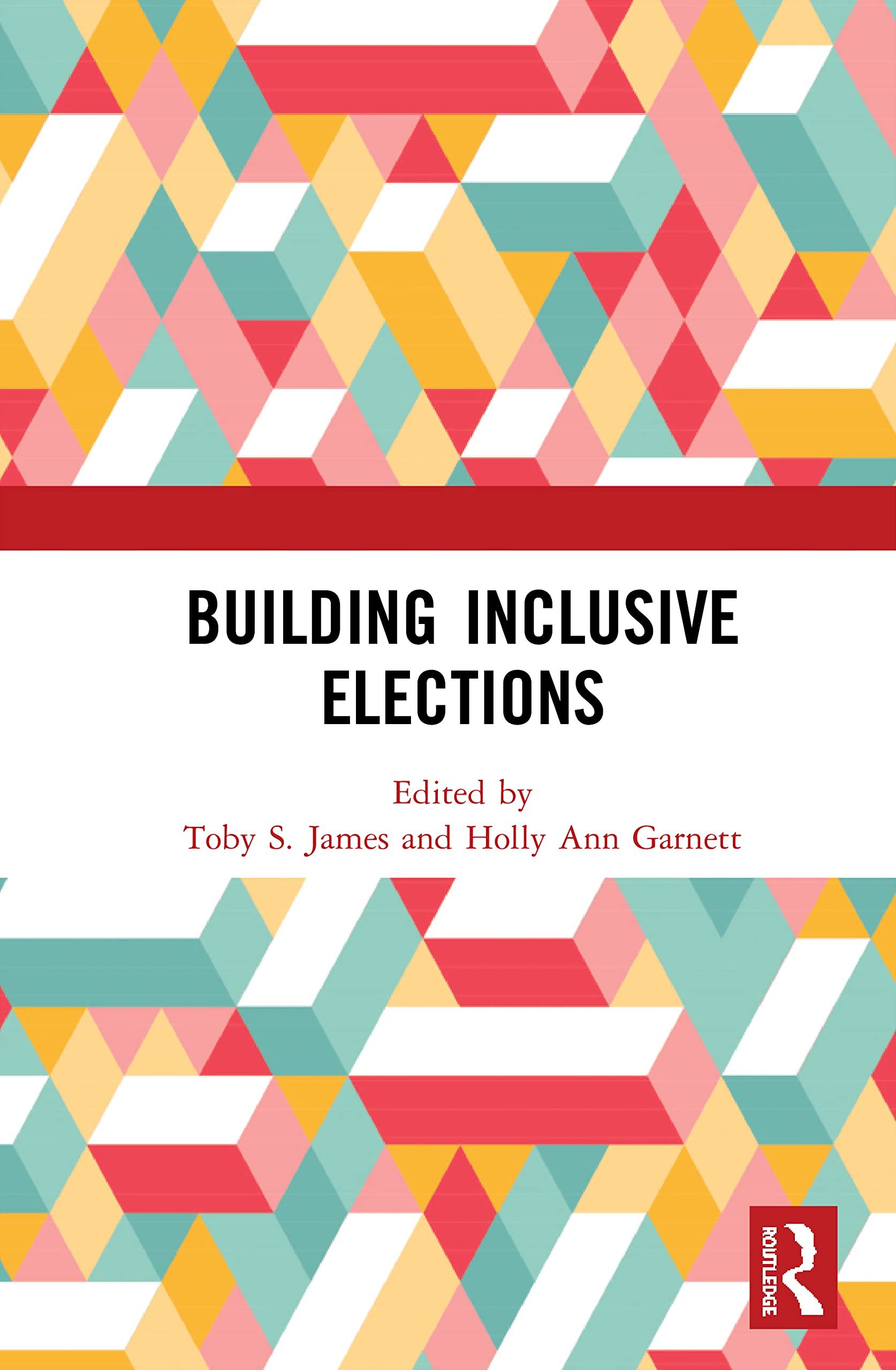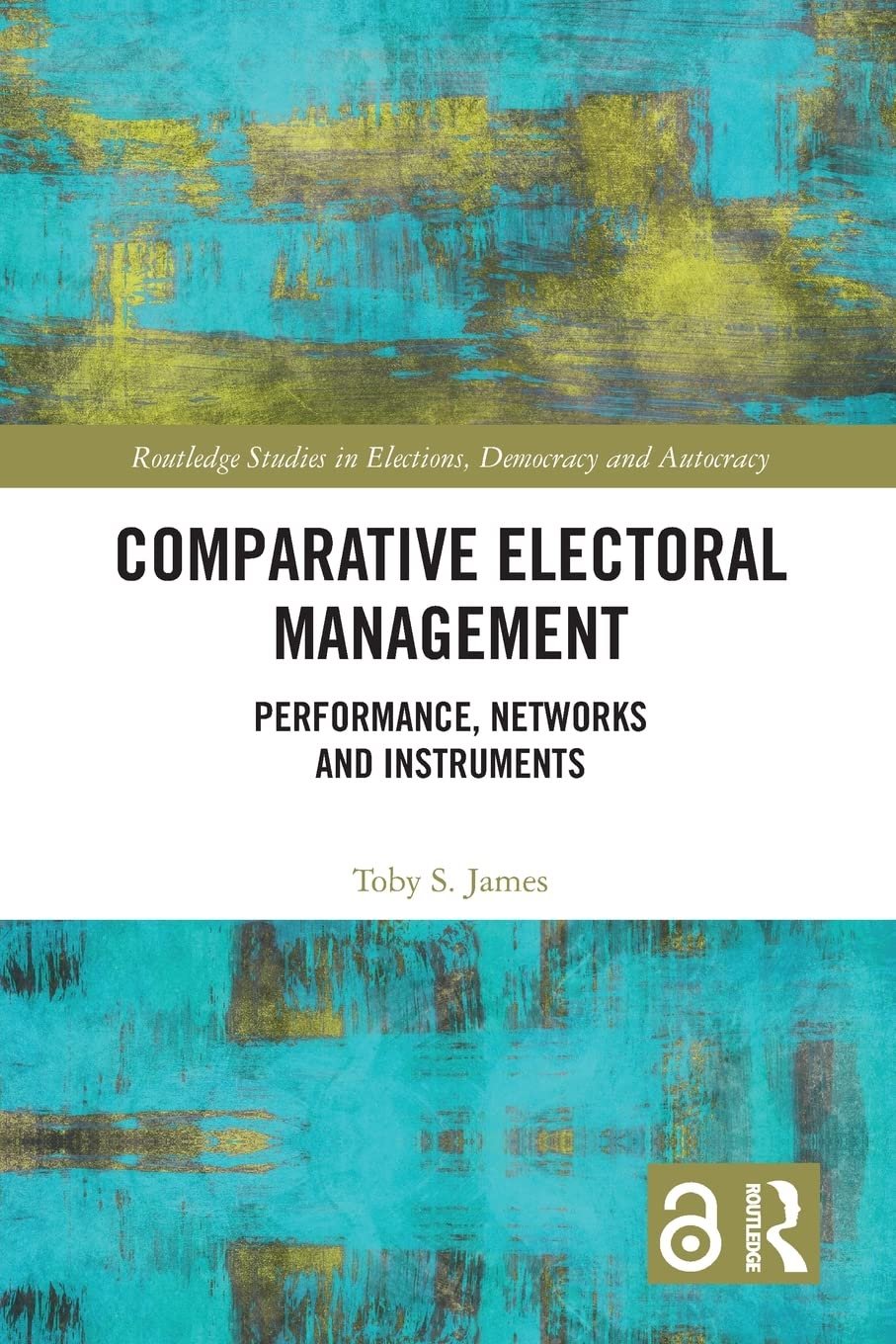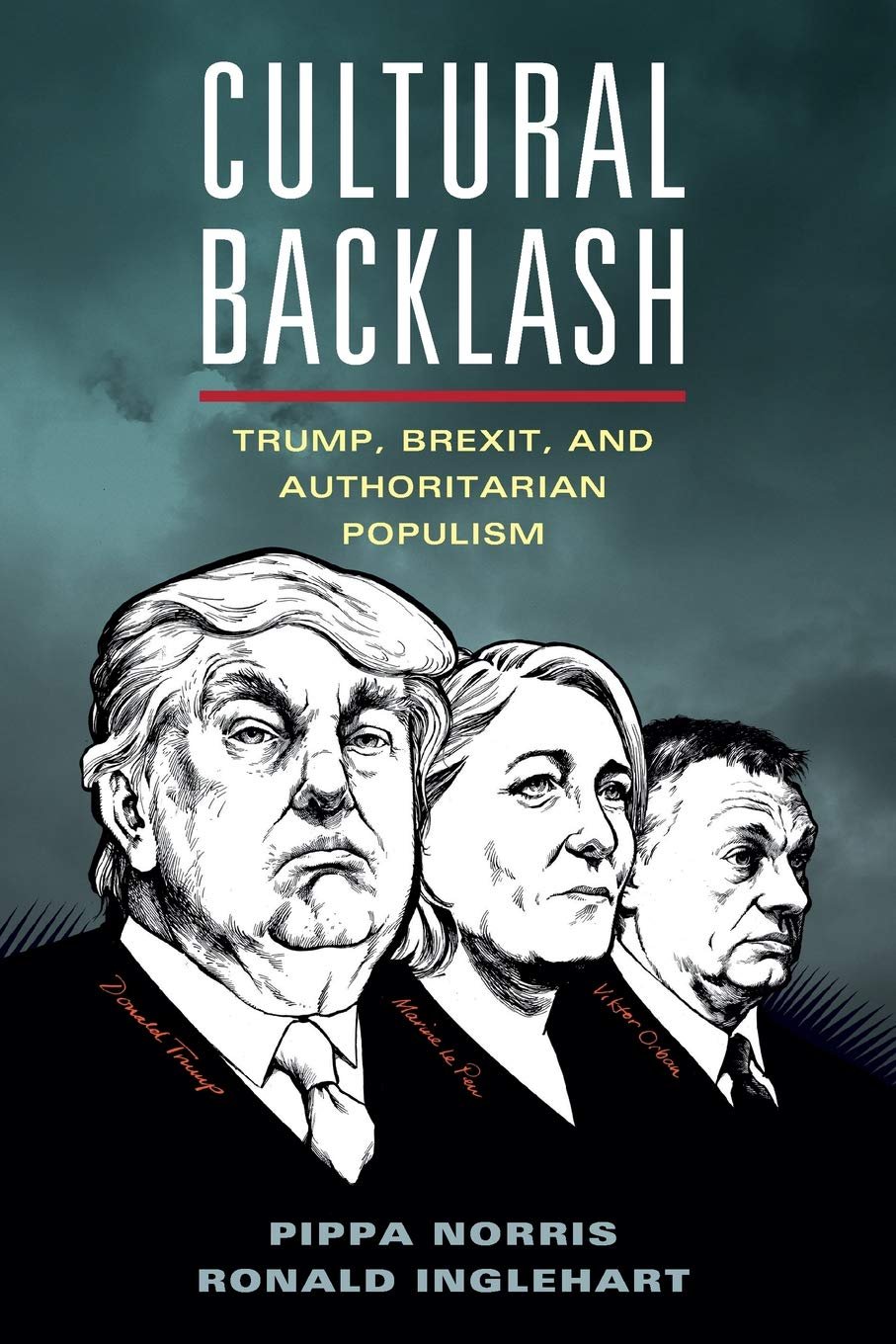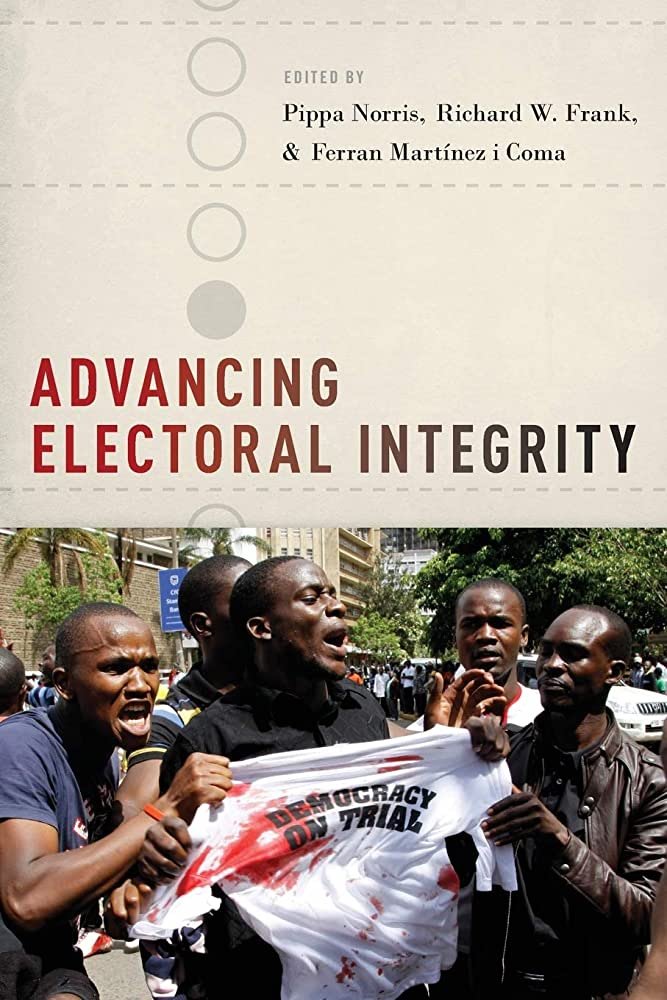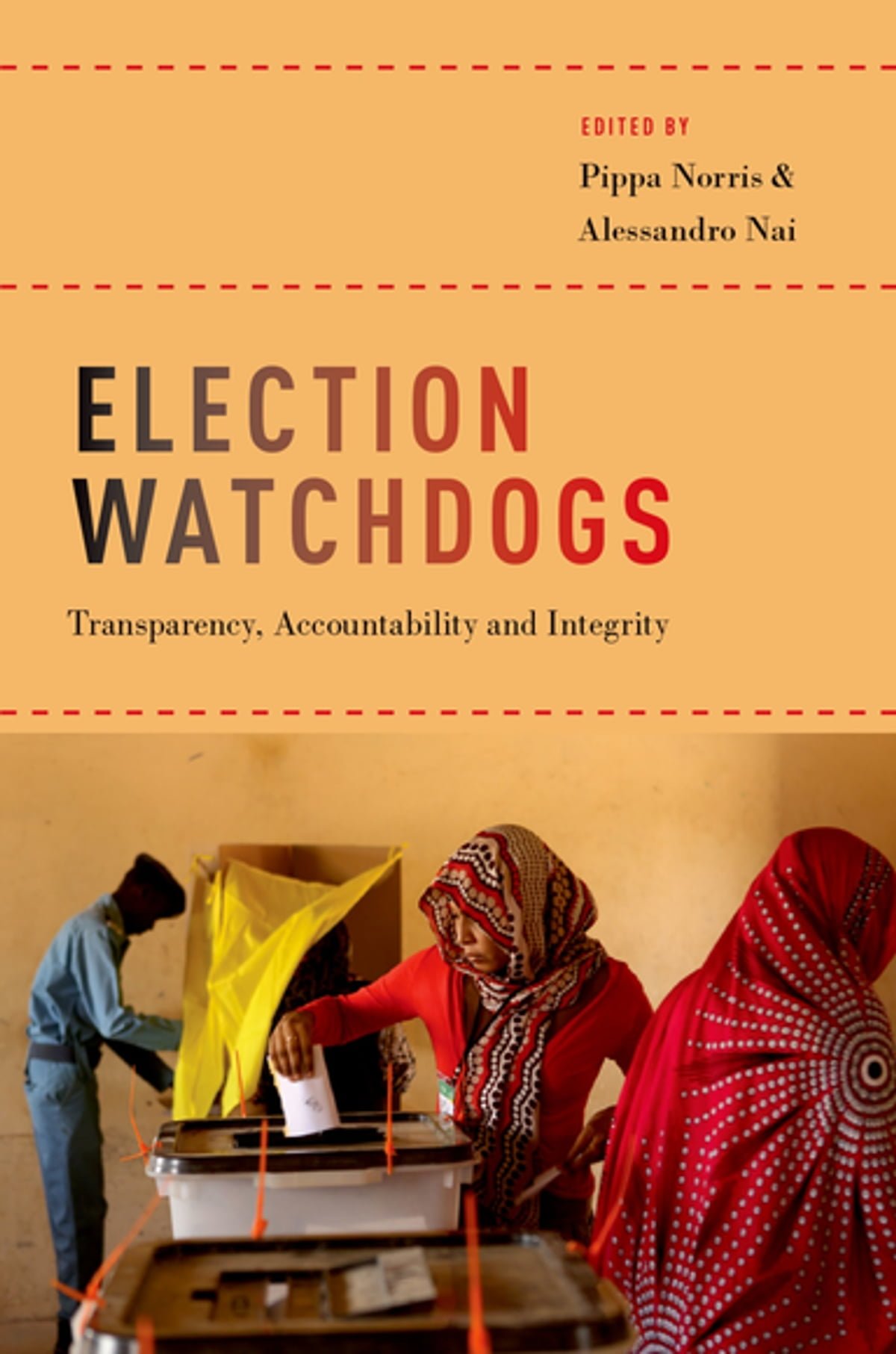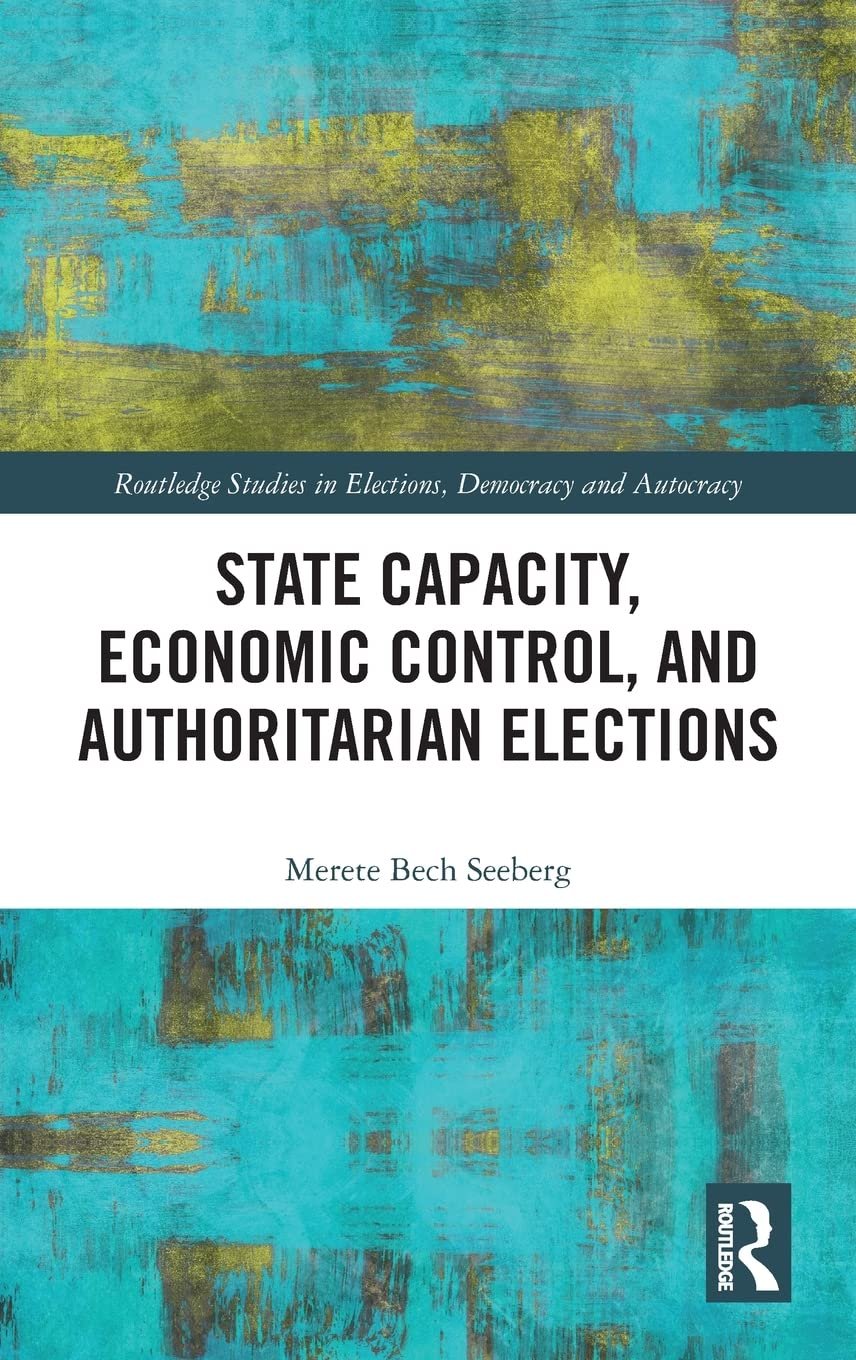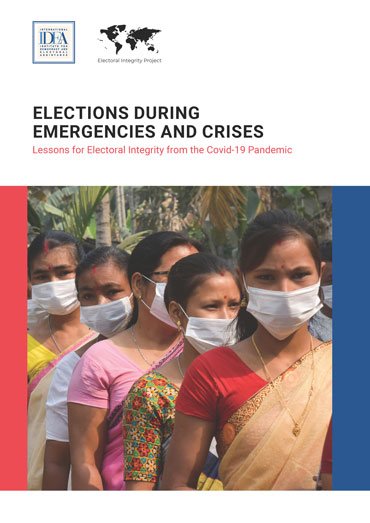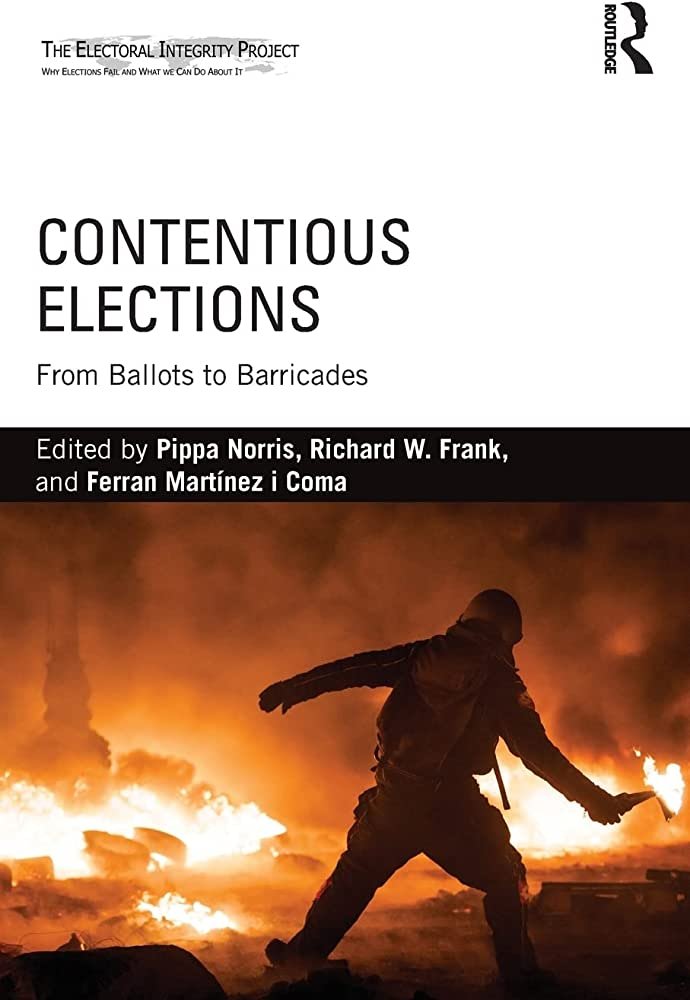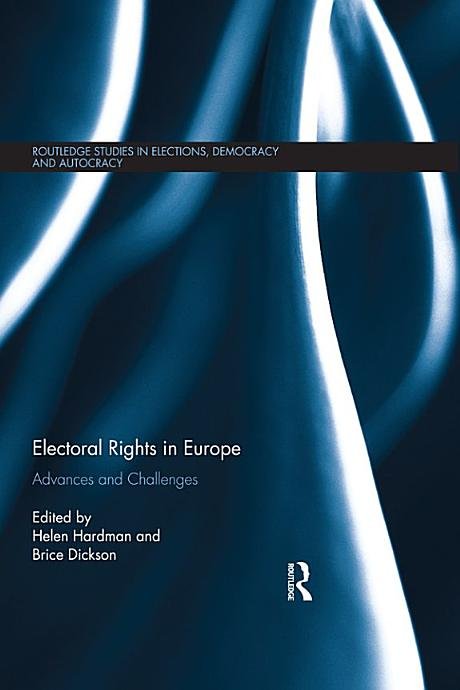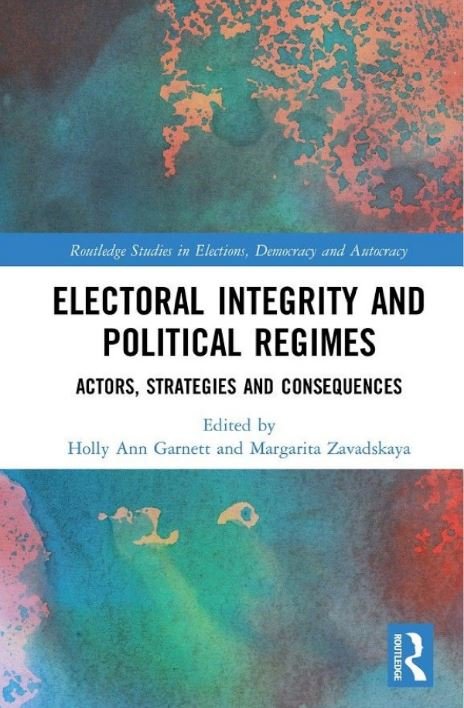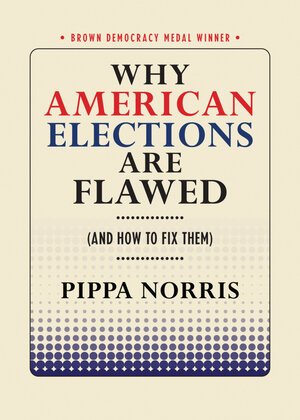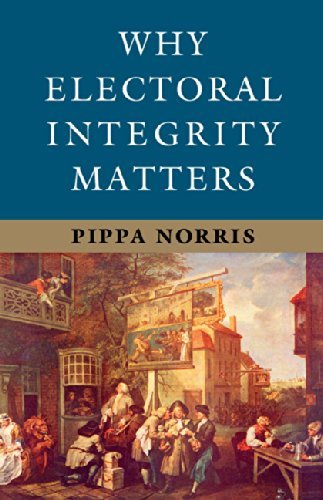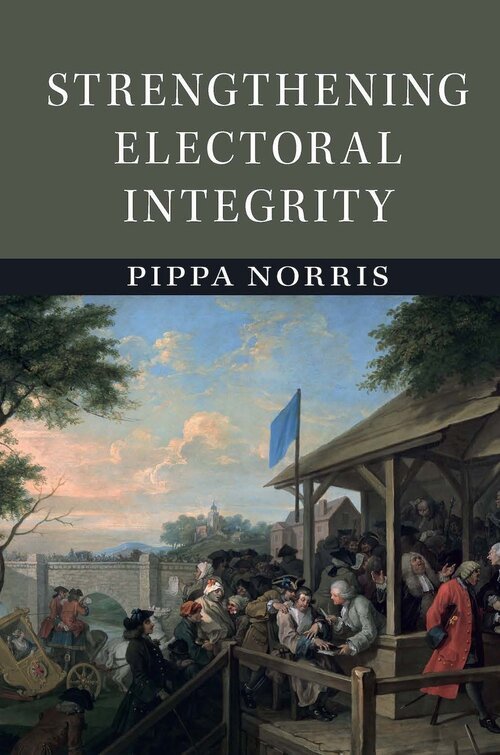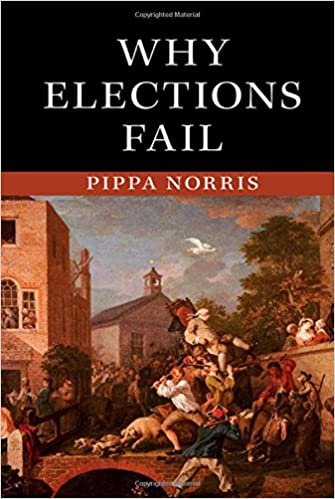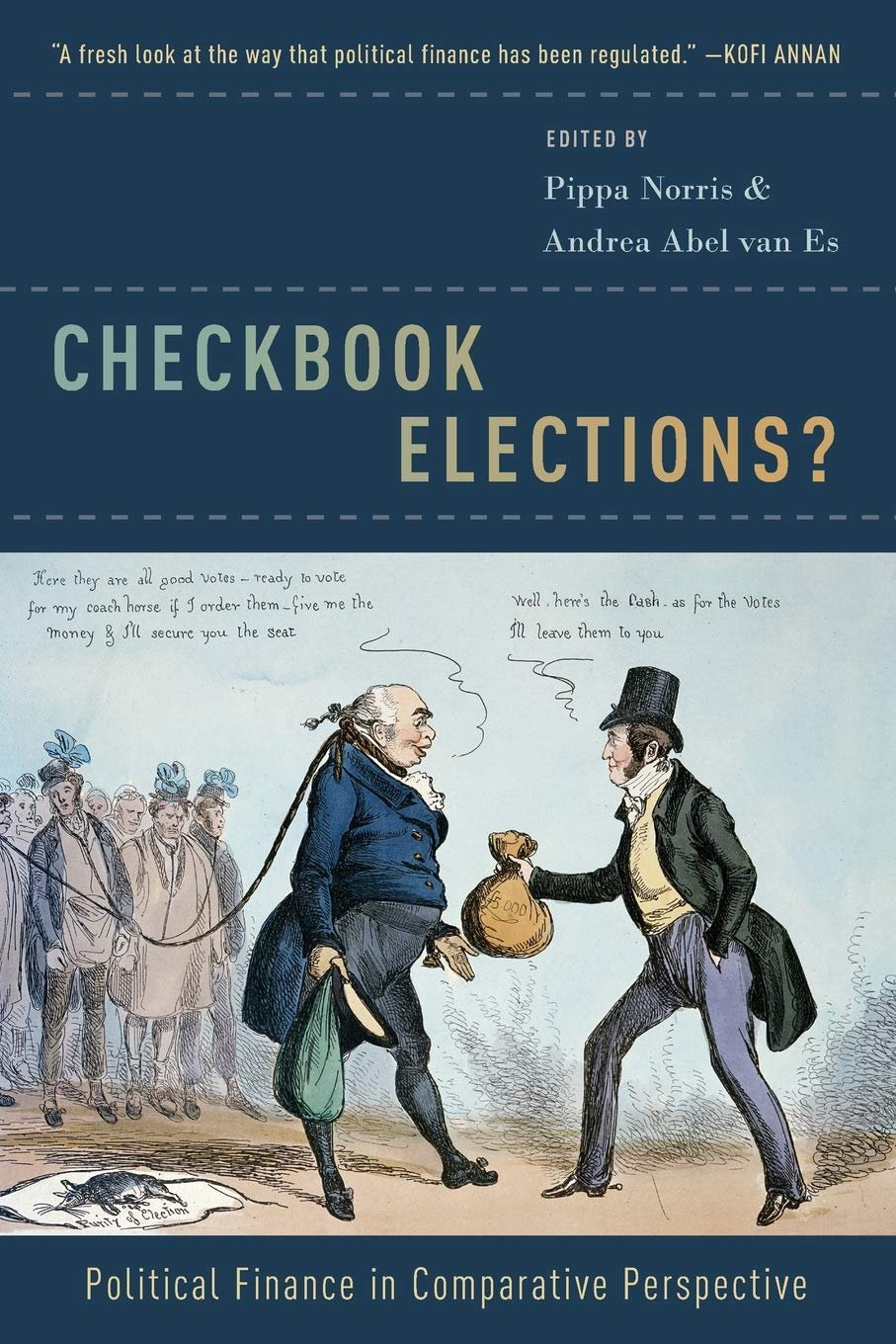electoral integrity in america:
securing democracy
………………………………………………
Edited by Pippa Norris, Sarah Cameron, and Thomas Wynter
………………………………………………
Synopsis
Concern about the integrity of American elections did not start with Trump’s election, by any means; flaws in procedures have gradually grown during recent decades. The contemporary ‘tipping point’, heightening awareness, were the events occurring during the 2000 Bush v. Gore Florida count. But, like construction built on a sagging foundation, several major structural weaknesses were clearly worsened by the 2016 campaign and its aftermath, thereby deepening party polarization over the rules of the game and corroding American trust in the electoral process. Disputes over elections have proliferated on all sides in Trump’s America with heated debate about the key problems – whether the risks of electoral fraud, fake news, voter suppression, or Russian interference –and no consensus about the right solutions.
To understand these issues, this book brings new research from legal scholars, political scientists, and electoral assistance practitioners to illuminate several major challenges observed during the 2016 U.S. elections.
Contributors analyze evidence for a series of contemporary challenges facing American elections - including the weaknesses of electoral laws, overly-restrictive electoral registers, gerrymandered district boundaries, fake news, the lack of transparency, and the hodge-podge of inconsistent state regulations. The conclusion sets these issues in comparative context and draws out the broader policy lessons for improving electoral integrity and strengthening democracy.
The book is designed to be useful in the fields of American politics, comparative political science, electoral administration, electoral law, state and local government, electoral studies and political behavior, and studies of democracy.

